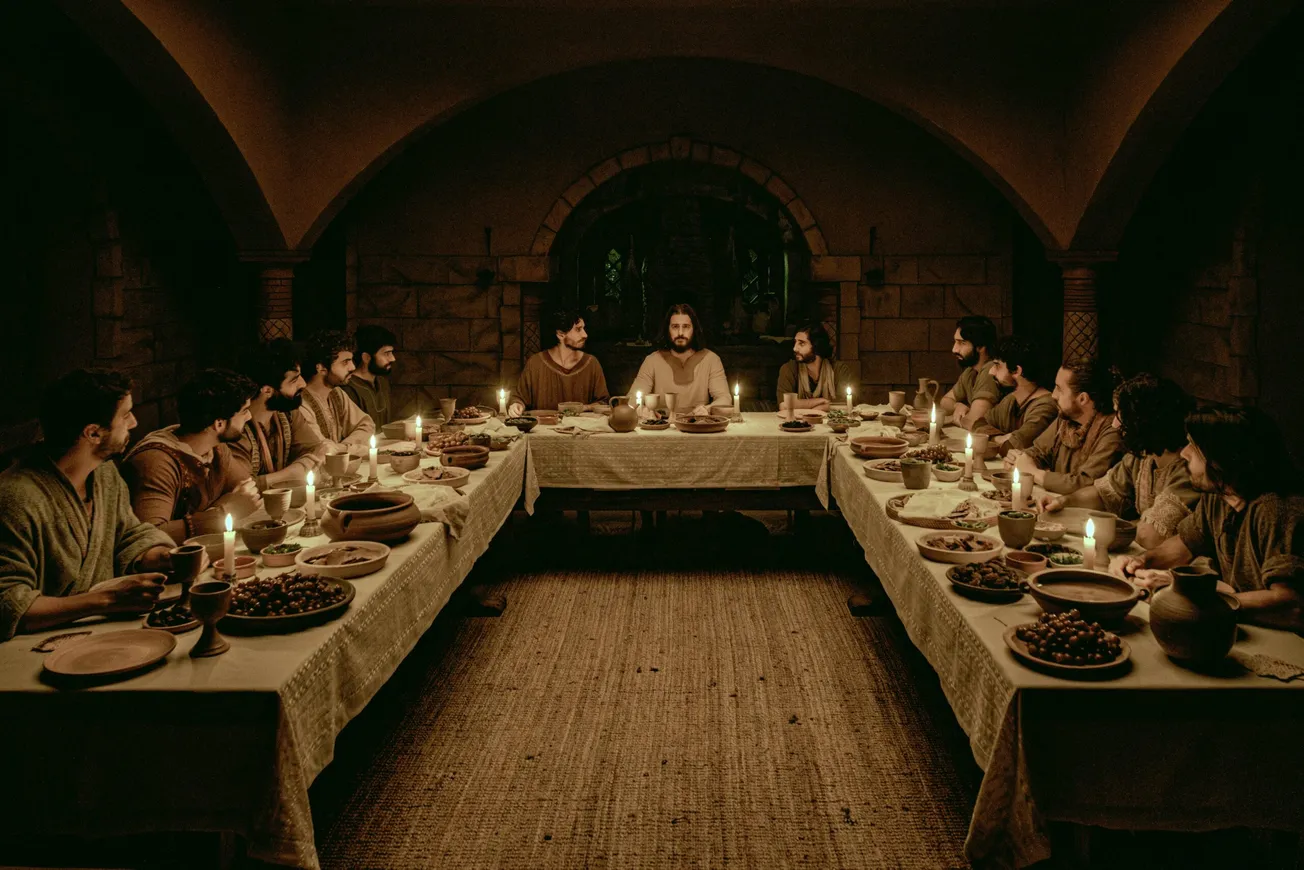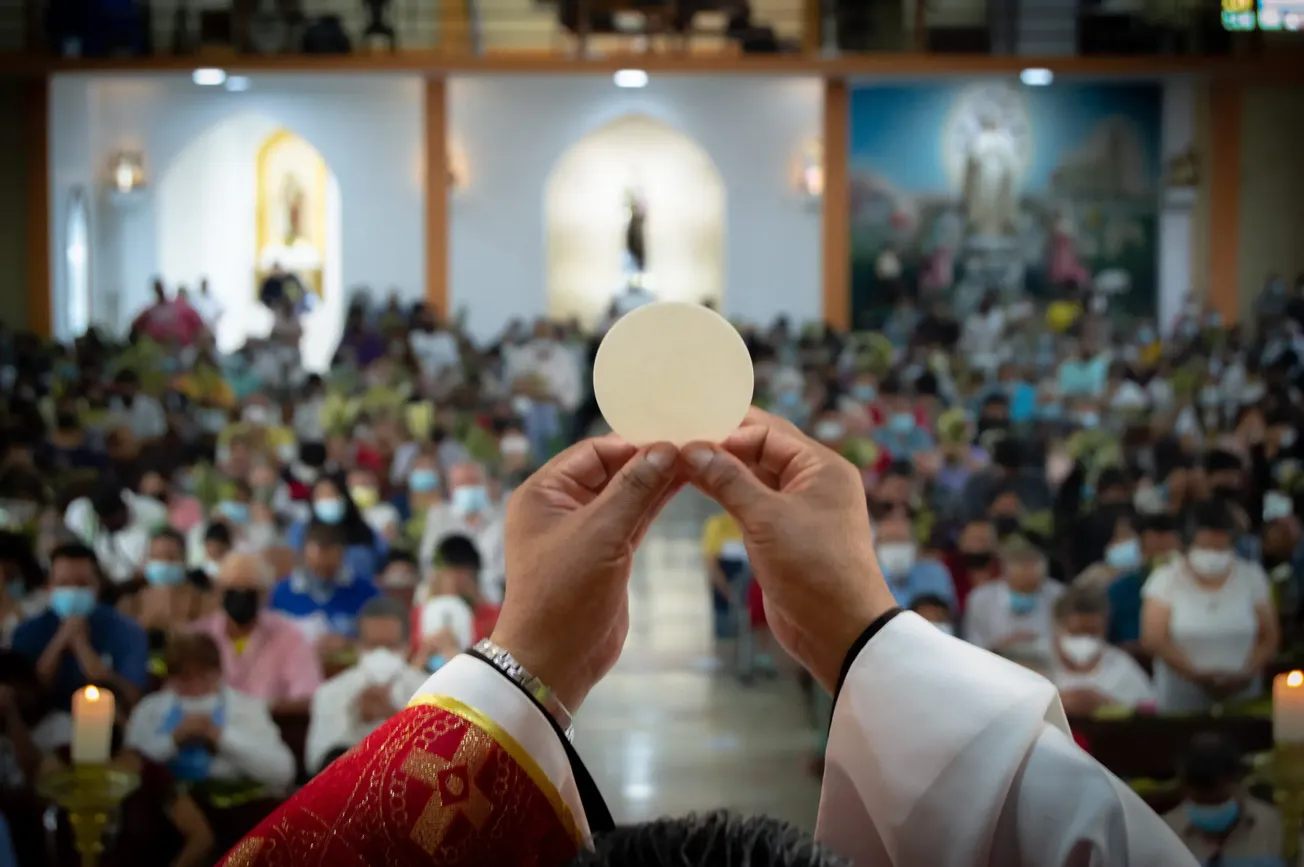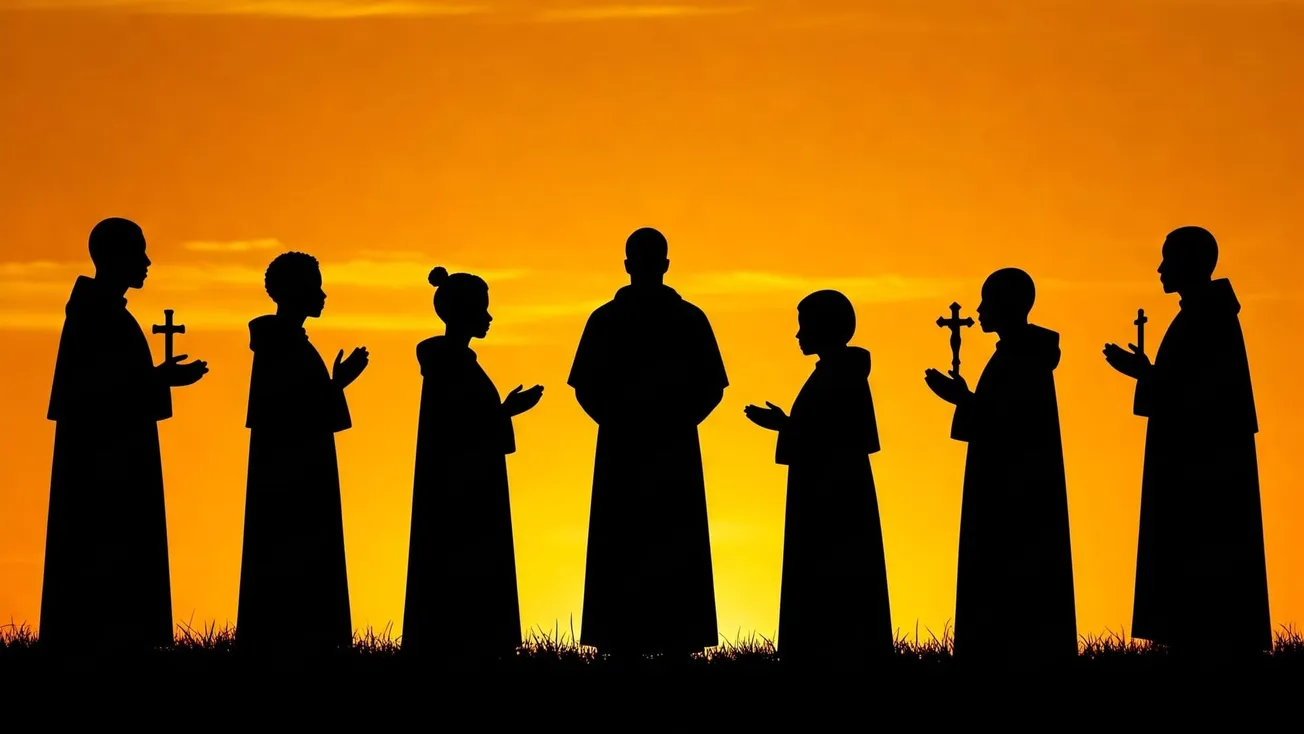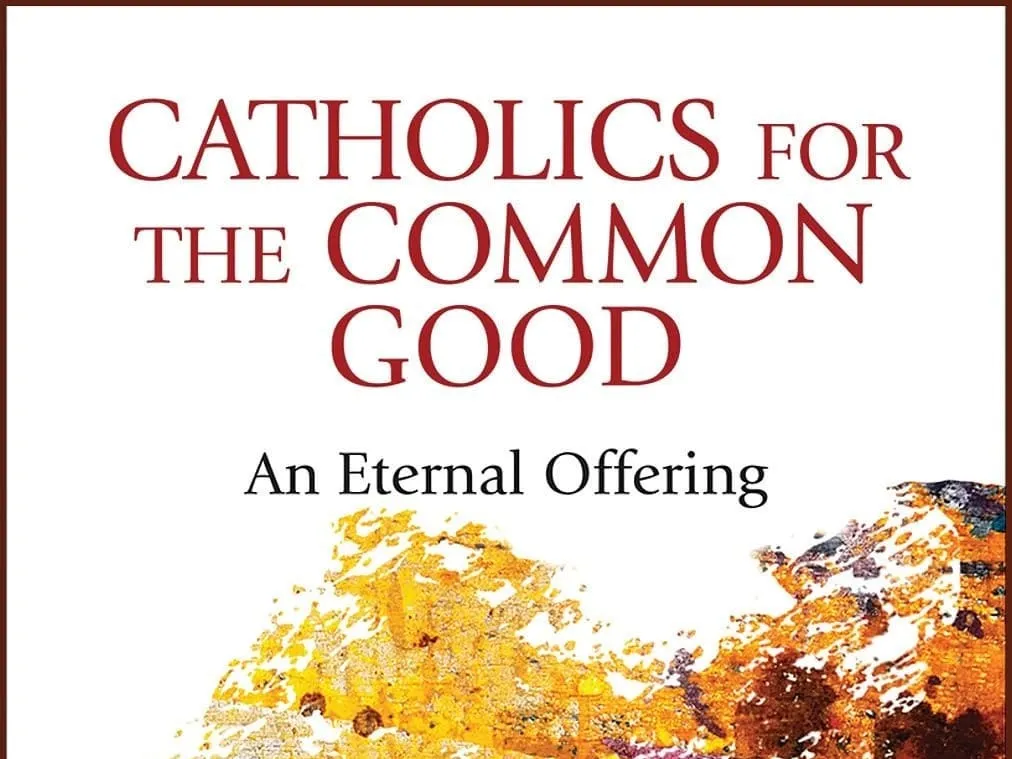Servant of God Thea Bowman famously said that to be Black and Catholic means:
“I come to my Church fully functioning. I bring myself, my Black self, all that I am, all that I have, all that I hope to become.”
—1989 speech to the U.S. Conference of Catholic Bishops
These words hit close to home, especially this week. Why? The intersex community, of which I am a member, is celebrating Intersex Awareness Day, which is held annually on Oct. 26. It commemorates the anniversary of the first public protest for intersex human rights, which occurred in Boston in 1996.
Today, we celebrate and honor the beauty of diversity. Intersex people should be embraced for who they are, not who society thinks they should be. #IntersexAwarenessDay 💛💜#InclusionMatters pic.twitter.com/Px2NeH55Sk
— WeBelongAfrica (@webelongafrica) October 26, 2024
Not only am I a Black and Catholic woman, but I am also intersex. Intersex is an umbrella term referring to innate variations in sex characteristics that don’t fit typical notions of female or male bodies. There are about 40 variations that are typically considered as falling under this umbrella. I was born with one of them, called Turner Syndrome. It means I am missing one of the two X chromosomes usually associated with females.
How, as a Black Catholic, do I bring all that I am, including my intersex variation, to my faith? In reflection, I have found the Ethiopian eunuchs of Acts 8 and Jeremiah 38 to be inspirational examples.
The eunuch of Acts 8 is usually referenced in discussions of the history of Black people in Christianity. Simultaneously, he has been included in discussions regarding LGBTQIA+ inclusion in the Church, because of his being a sexual minority (as a eunuch). He let neither ethnic nor sexual status deter him in his pursuit of understanding the Word of God and ultimately his baptism by St. Philip the Evangelist. Yet, he’s not the only Ethiopian eunuch mentioned in Scripture.
In the Hebrew Bible, Ebed-Melech rescued Jeremiah from a cistern after he was cast there by court officials upset with his prophecies. Like the eunuch of Acts, Ebed-Melech did what was right even at great risk, despite his ethnic and societal status.
These two brave eunuchs operated in their full capacity. As Black forebears in the faith who shared a sex characteristic that falls outside the norm, they show that we’ve always been here and are not outside the work of God.
Being a minority within a minority often means being rendered invisible. In the journey of faith, this can seem especially so. The Ethiopian eunuchs of the Bible nevertheless persevered. As one standing at a similar intersection of race, faith, and sexual status, I find in them soul-stirring examples of how to bring my whole self on my faith journey as a Black intersex woman.
Rana Irby is a freelance writer from Detroit, focused on the intersections of faith and culture.









